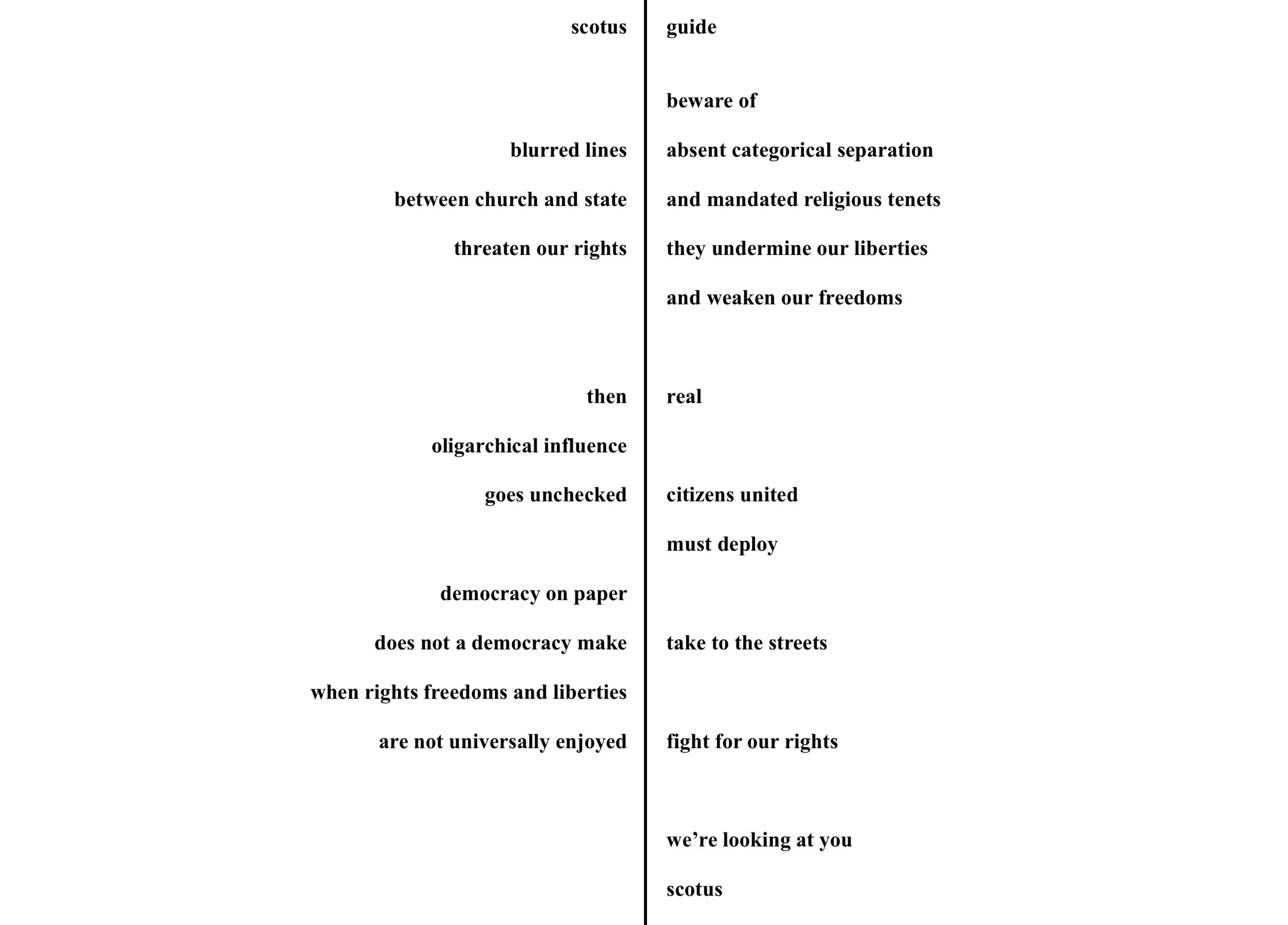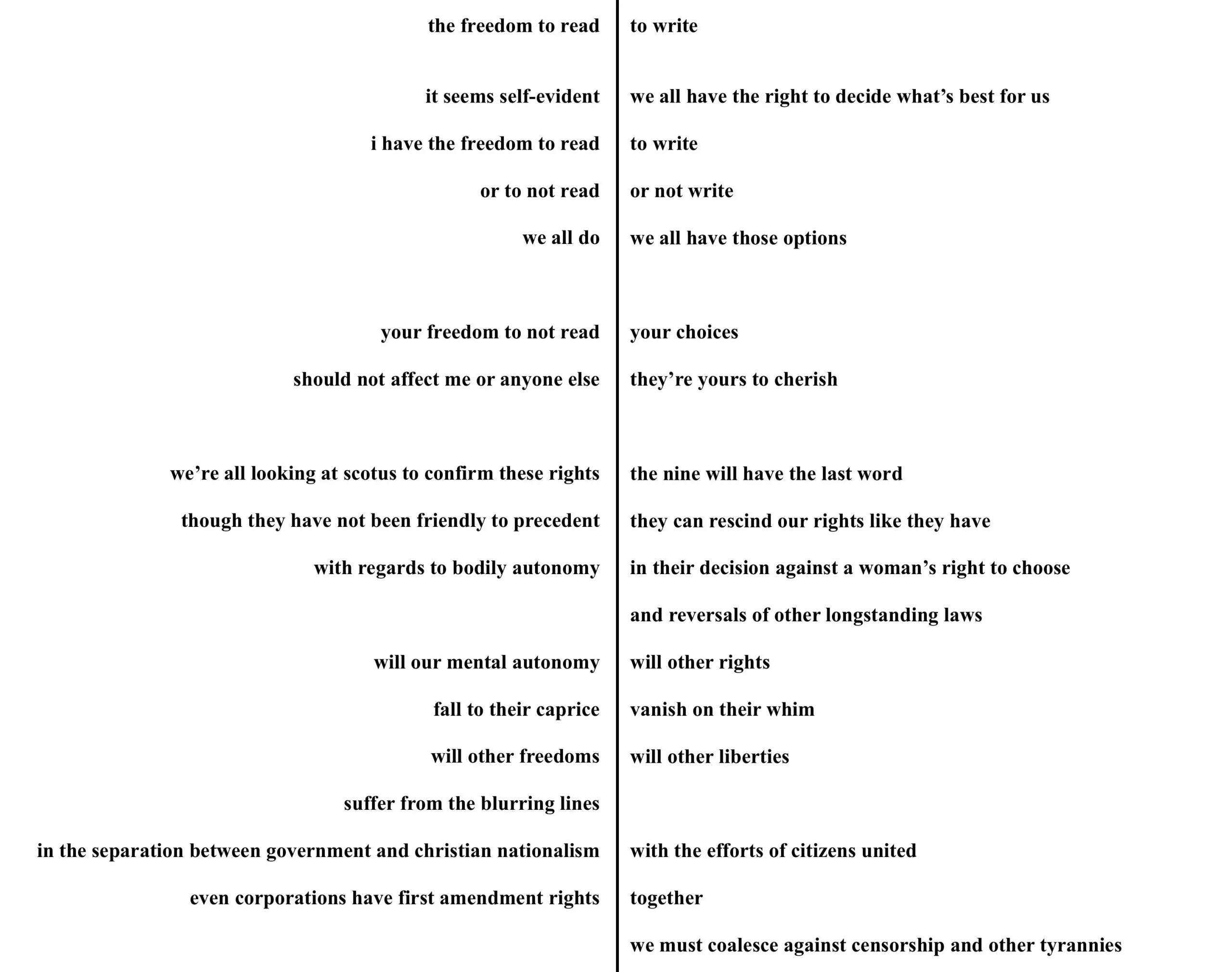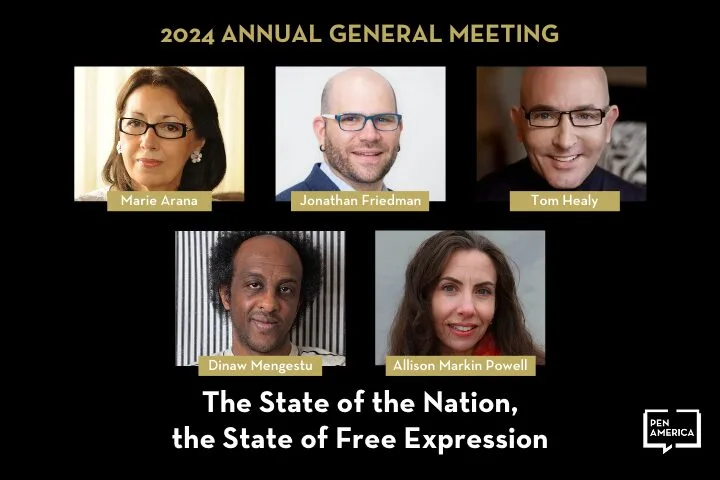
Federico Erebia | Member Spotlight
While the young adult novel Pedro & Daniel is Federico Erebia’s debut, Erebia is no novice to the literary world. A retired physician, woodworker, poet, and illustrator, Erebia is committed to uplifting marginalized authors.
Investing his time in numerous advocacy groups—including the Society of Children’s Book Writers and Illustrators, Read Your World, Lambda Literary, and PEN America—Erebia forges pathways for writers whose works reflect the intersections of identity, including race, gender and sexuality, and neurodivergence.
In conversation with Membership Engagement Manager Aleah Gatto for this Member Spotlight, Erebia discusses his advocacy combating book bans and soft-censorship, and the power of fiction to tell one’s story.
You were a physician—with an MD from Brown University—before you turned to writing. Can you talk about your journey into writing: when and why you started, and how you became the enterprising literary activist that you are today?
I’ve been an activist for nearly 50 years! Sadly, many social issues have regressed to where they were decades ago. It’s not surprising that there’s a need for activism in the writing community, and in the publishing industry as well.
I started writing poetry and short stories in elementary school, but most of it was stored in my neurodivergent mind where I could perfect and protect my words. My primary goal through college was to get into medical school. When I took my first humanities course in college, the right side of my brain was irreversibly activated. Thereafter, I ventured away from science classes whenever possible. While at Brown University, I took nighttime classes at the Rhode Island School of Design, which probably seems odd for most folks who aren’t on the spectrum.
For a couple decades, woodworking was my major creative outlet. But when the pandemic hit, I became a bit of a recluse, and writing was the perfect obsession to take me on a new career and advocacy path. It was an ideal time to enter the writing community because everything pivoted to virtual formats. I could attend meetings and conferences that would have been otherwise cost-prohibitive because of travel expenses. Within months, a picture book manuscript led to an offer to write my debut novel. It was 100% serendipity: being the right person at the right place at the right time.
I tend to experiment with writing. Pedro & Daniel has many first and third-person perspectives, and it’s written in past and present tenses using prose, verse, and other poetic devices. My next YA manuscript is similarly written. Lately, I’ve been growing a collection of contrapuntal poetry which lends itself to highlighting prevalent societal ills with its unusual form.

Your debut novel, Pedro & Daniel, follows the relationship of two Mexican-American brothers as they come-of-age and help each other through an abusive home, coming out, and the AIDS pandemic. Part of the beauty of the story is its intimate depiction of the brothers, Pedro and Daniel. What does this story mean to you, and what do you hope your readers will take away from it?
Pedro & Daniel is a fictionalized retelling of my relationship with my younger brother, whose name was Daniel. I had never read a book with the intersections of our identities, and the societal issues we survived. It is resonating with teens and adults because of the brothers’ resilience, their unbreakable bond, the joy and laughter that balance the heartbreaking scenes, the unusual writing, and the use of dichos/proverbs throughout the novel. Folks will get a sense of life as gay Latinos living in the midwest during the ‘70s and ‘80s, the first decade of the AIDS pandemic, and a few other important historical subjects that may not be well known or understood.
In other conversations, you’ve talked about “soft-censorship.” Can you explain what soft-censorship is, and how it has affected your novel and those of many other writers of color and LGBTQ writers?
Soft-censorship is a by-product of the book banning movement that tends to affect books by and/or about marginalized/underrepresented individuals. It results in fewer books in bookstores and libraries, and the quiet removal of books from library shelves: One need not worry about challenges and complaints, if the books aren’t on the shelves.
Pedro & Daniel was published less than two years ago. For over a year, it has been discarded and withdrawn from public libraries without a paper trail. It has not been officially banned from those libraries. But the effect is the same: It is soft censorship, and library patrons don’t have access to my book. In addition, Pedro & Daniel was never shelved in any Barnes & Noble bookstore, which greatly affects the commercial success of a book and its author. Critical success like starred reviews, awards, and other commendations aren’t enough to combat censorship in all its forms.

What can folks do to combat not only blatant efforts to ban books, but soft-censorship, too?
When a book first comes out, writing a review is probably the single most effective way to help the author and book. Reviews are that important to our careers. These are ways to support authors:
- When a book first comes out, writing a review is probably the single most effective way to help the author and book. Reviews are that important to our careers. These are ways to support authors:
- Buy their books.
- Make a purchase request at your public library for the book, the digital book, and the audiobook.
- Copy and paste your review for these books onto Amazon, B&N, Goodreads, Storygraph, and on social media (you don’t need to buy a book on Amazon to write a review there).
- Amplify on social media.
- Push back against censorship of any kind.
- Join Authors Against Book Bans, PEN America, SCBWI, Authors Guild, Lambda Literary, Poets & Writers…
As a trustee at Read Your World, you established the Pedro and Daniel Intersectionality Book Awards. Why did you establish this award, and what are the criteria?
Now more than ever, BIPOC, LGBTQIA+, and other marginalized or underrepresented voices need encouragement to create high quality books for kids. We’re looking for stories that show the beauty, worth, and potential of intersectional children and teens. The Pedro and Daniel Intersectionality Book Awards (PADIBA) are two new prizes of $1500 each for a picture book/graphic novel and a middle grade/YA novel that feature intersectional protagonists. We define intersectionality as two or more marginalized/underrepresented identities, which may include a character’s: Race, Ethnicity, Skin Tone, Tribal Affiliation, Nationality, Language, Culture, Physical Appearance, Physical Ability, Neurodivergence, Gender Identity, Sexual Identity, Religion, Socioeconomics, Family Structure. The submission window for the 2026 PADIBA will open on July 1, 2025. For more information, go to ReadYourWorld.org/awards.
Critical success like starred reviews, awards, and other commendations aren’t enough to combat censorship in all its forms.
You’re involved in so many advocacy groups and projects. How do you manage it all?
Giving back and paying it forward have been part of my work ethic since my first volunteer experiences as a teen. I find that advocacy work is nutrition for the soul; it’s always factored into my seven-days-a-week schedule.
Right now my main focus is to uplift marginalized and intersectional book creators through the programs I create and administer, but I’ll help any creator in need when I can.
Are there any projects you’re currently working on that readers (and activists) should be on a lookout for?
Folks can get more information about my nonprofit work on my website, and they can follow me on social media (@FedericoErebia).
I have two manuscripts that I hope will become books. The first, Sinalma, is about two 16-year-old boys who meet and fall in love in present-day Mexico, while a nemesis born without a soul creates chaos in two parallel worlds. The second is Across the Gutter: with use of the contrapuntal form, this poetry collection uses nuance, double entendre, satire, and irony to address many societal issues that teens encounter.

Federico Erebia is a retired physician, woodworker, author, poet, and illustrator. He received the 2024 Lambda Literary Exceptional New Writer Award.
His debut novel, Pedro & Daniel (Levine Querido 2023), received numerous awards, starred reviews, and other commendations. His work is included in Just YA, an Anthology for grades 7-12.
He is on the SCBWI Impact & Legacy Fund’s steering committee, where he created a grant program for school librarians: In three years, over 1,800 books by and/or about marginalized or underrepresented individuals have been sent to 37 schools, reaching over 32,000 students. He is on the board of Read Your World, where he created The Pedro and Daniel Intersectionality Book Awards: two annual prizes that recognize exceptional children’s books featuring intersectional protagonists. He is active in the Lambda Literary Writers in Schools program, and several other writing groups.
He and his husband live near Boston, Massachusetts, in the home he re-designed and renovated.


